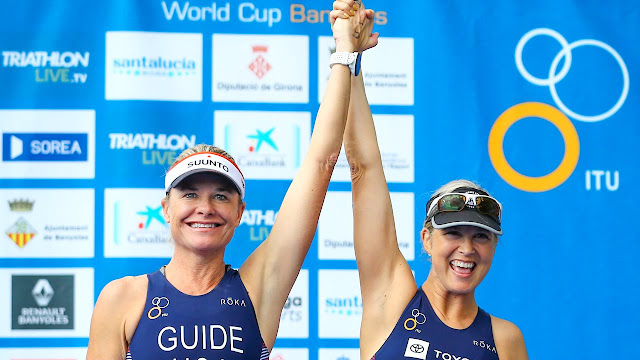5 things you may not know about the power of plasma
(BPT) - You’ve heard all the stories about the importance of donating blood, but you might not be as familiar with the other lifesaving substance flowing through your veins — plasma. While the world is focused on the important issue of a blood donor shortage, there’s an equally critical need for plasma donors as a result of the pandemic. The shortage of plasma could impact many people who rely on these lifesaving plasma-based therapies. Your help makes the difference in someone’s life by donating plasma.
Below are 5 frequently asked questions about plasma.
1) What is plasma? Plasma is the fluid component of human blood. It supports essential bodily functions, including red blood cells, white blood cells, clotting factors and other components to fight deadly diseases. Plasma is also used to treat patients with serious diseases and conditions, like burn injury survivors, people with hemophilia, people with rare diseases and people with certain types of cancer.
2) Why is it so important to donate? A lot of plasma is needed for each patient who relies on these therapies to survive. For example, it takes 1,200 plasma donations to treat 1 patient with hemophilia per year. It can take up to a whole year to make plasma-derived medicine, so a decline in plasma donations could impact patients’ ability to access their medications.
3) Do that many people really use plasma? Yes. 125,000 Americans rely on medication made from plasma. These treatments can mean the difference between life and death for patients who suffer from a variety of chronic conditions, like primary immunodeficiency diseases and hemophilia. Without regularly receiving these medicines, patients may suffer chronic fatigue, physical damage or even death.
4) Why are we talking about this now? There is a serious shortage of plasma donors in the U.S. Shutdowns during the COVID-19 pandemic contributed to the plasma supply decreasing by more than 20%. The supply has been declining for more than a year, and that trend doesn’t seem to be shifting. The need has never been greater for people to donate plasma.
5) Is it easy to donate? Yes. You can donate plasma twice a week since plasma is replaced within about 24 hours, whereas red cells need between 4-6 weeks to be replaced. In less than two hours, your plasma can make a lasting impact by providing lifesaving medicine for those who need it, when they need it most.
How you can help
“The pandemic has impacted all Americans, but its lingering effects on plasma donations are frightening for those who rely on plasma-derived therapies, including the tens of thousands of immunocompromised patients,” said John Boyle, a patient and health advocate who relies on plasma-based therapeutics to live a normal life. “We haven’t seen this type of plasma shortage before, and that’s why we’re calling on everyday heroes to step up and donate plasma now to help save lives.”
Plasma donation centers are available throughout the country, with more than 800 centers nationwide. Donation centers are staffed with medically trained professionals to help you through the donation process. A list of centers can be accessed at: https://www.donatingplasma.org/.






